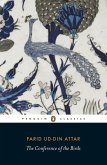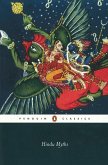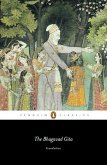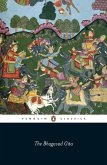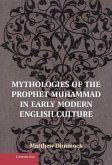The "Prose Edda," composed by the Icelandic historian and poet Snorri Sturluson in the early 13th century, stands as a pivotal work in Norse literature. This compendium serves both as a manual for aspiring poets and a narrative of Norse mythology, intertwining the analysis of skaldic verse with a rich tapestry of mythological tales. Sturluson's clear prose, enriched with intricate allegories and historical context, solidifies the text as an essential resource for understanding the Old Norse poetic tradition and its cultural significance during the medieval period. Snorri Sturluson, born into a family of poets and chieftains, was deeply influenced by the oral storytelling traditions of Iceland and the political upheavals of his time. His engagement with the sagas and his scholarly pursuits led him to compile and interpret the myths surrounding deities such as Odin and Thor, preserving a substantial part of the Norse heritage that might have otherwise been lost. This background not only shaped his narrative style but also imbued the work with a sense of urgency in safeguarding a cultural legacy. For readers and scholars alike, the "Prose Edda" is a crucial text that encapsulates the richness of Norse mythology and its poetic forms. Sturluson's meticulous craftsmanship makes it a compelling read for anyone seeking to delve into the complexities of Viking culture, mythology, and the literary traditions of medieval Scandinavia. In this enriched edition, we have carefully created added value for your reading experience: - A succinct Introduction situates the work's timeless appeal and themes. - The Synopsis outlines the central plot, highlighting key developments without spoiling critical twists. - A detailed Historical Context immerses you in the era's events and influences that shaped the writing. - An Author Biography reveals milestones in the author's life, illuminating the personal insights behind the text. - A thorough Analysis dissects symbols, motifs, and character arcs to unearth underlying meanings. - Reflection questions prompt you to engage personally with the work's messages, connecting them to modern life. - Hand-picked Memorable Quotes shine a spotlight on moments of literary brilliance. - Interactive footnotes clarify unusual references, historical allusions, and archaic phrases for an effortless, more informed read.
Dieser Download kann aus rechtlichen Gründen nur mit Rechnungsadresse in A, B, BG, CY, CZ, D, DK, EW, E, FIN, F, GR, H, IRL, I, LT, L, LR, M, NL, PL, P, R, S, SLO, SK ausgeliefert werden.



